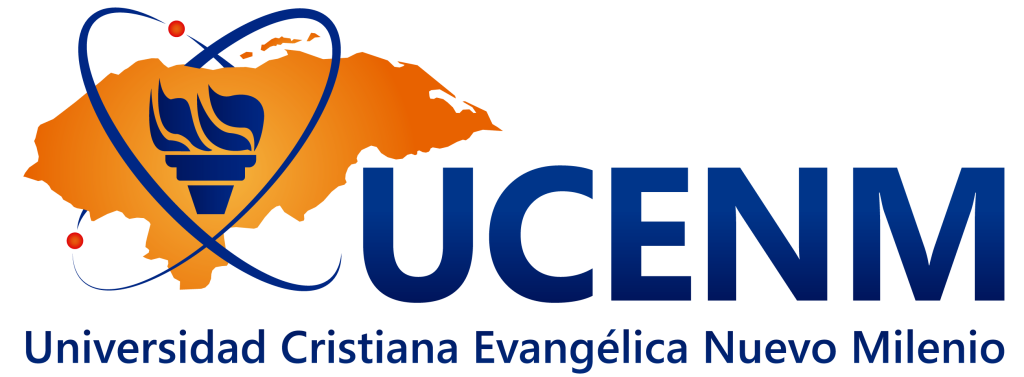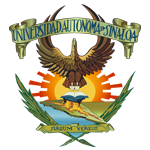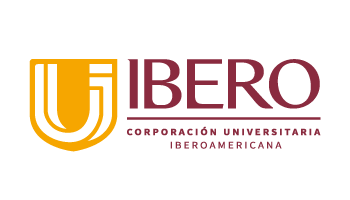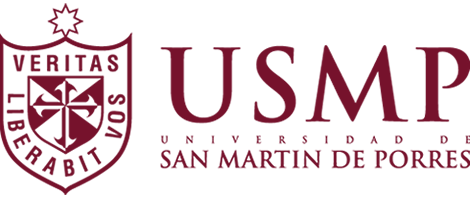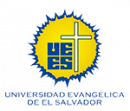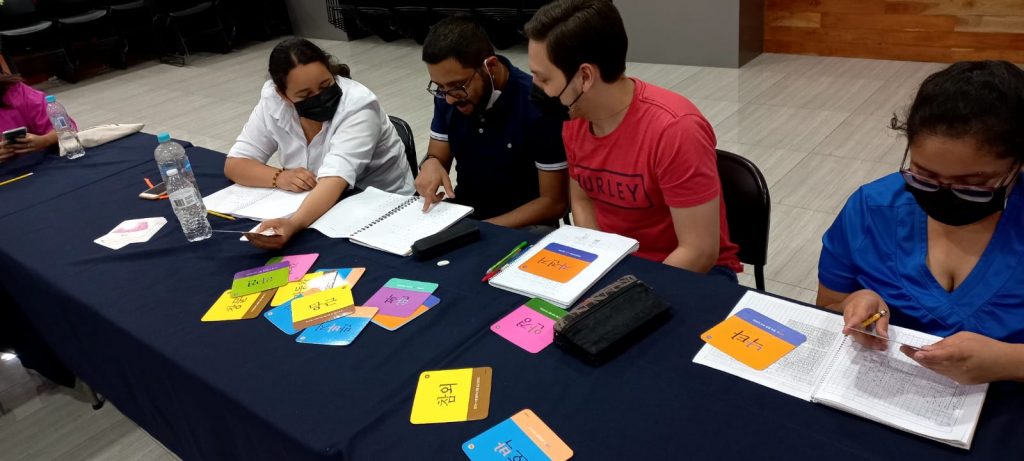Internationalization at Home

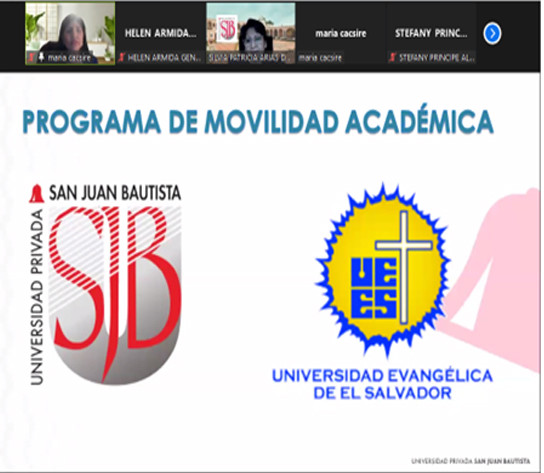
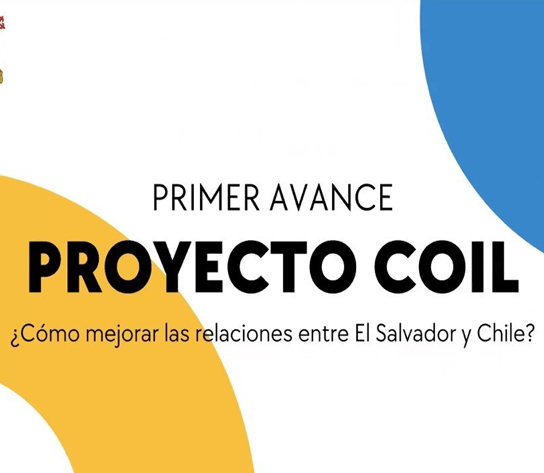
KOREA FOUNDATION

Global e-School Program for Latin America
The Global e-School Program is an initiative of the Korea Foundation to provide online courses that enable universities abroad to better understand Korea. This program as an internationalization at home (I@H) strategy allows students to inquire about the region in areas such as: international relations, economics, politics, culture, language, among others.
How does it work?
- The program offers semester courses in the virtual modality, in real time the professor and his students from 14 universities in Latin America are connected through the zoom platform.
- The professors share their course syllabus share their course syllabus, the link to access the Drive with the readings of the semester, as well as the presentations of each session.
- The university must pre-select the candidates it believes meet the profile so that the Korea Foundation can award them a scholarship and enroll them in the academic semester.
- Students receive a 100% scholarship for the selected course. receive a 100% scholarship for the selected course and those who complete the course on time receive an official program certificate endorsed by the President of the Korea Foundation as well as the Regional Program Director.
- Enrolled students may participate each year in additional activities such as essay contests, translation contests, among others. enrolled may participate each year in additional activities, such as essay contests, translation contests, among others, which are accompanied by cash and in-kind prizes.
- The best students from a previous academic year will be selected to receive a 100% scholarship to from a previous academic year will be selected to receive a 100% scholarship to attend the International Workshop on Korean Studies to be held in Mexico in October.
Call Periods
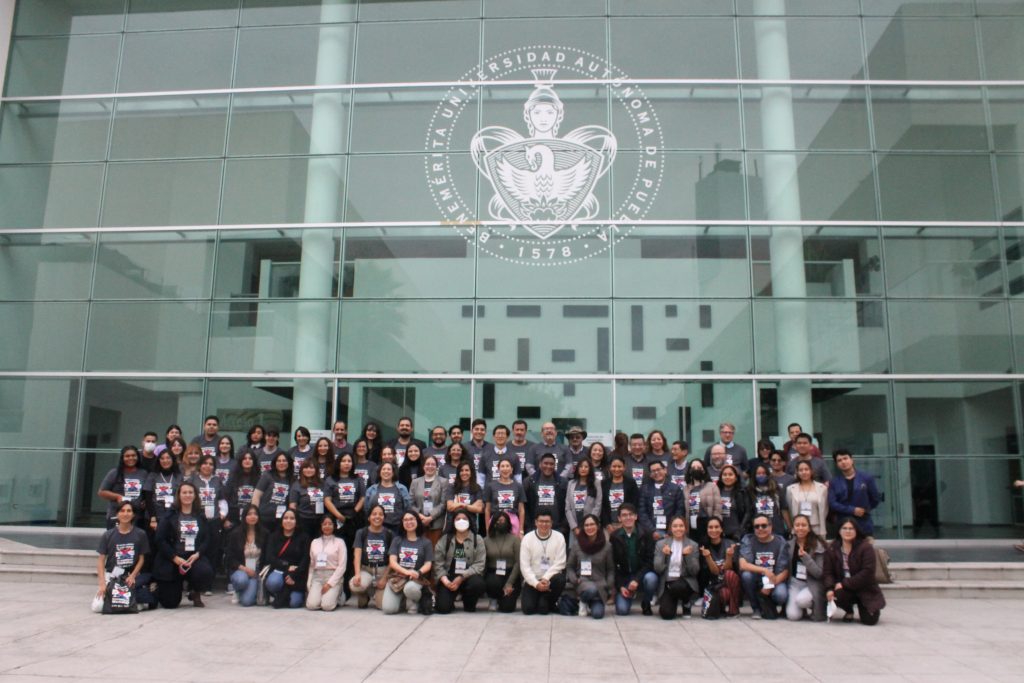
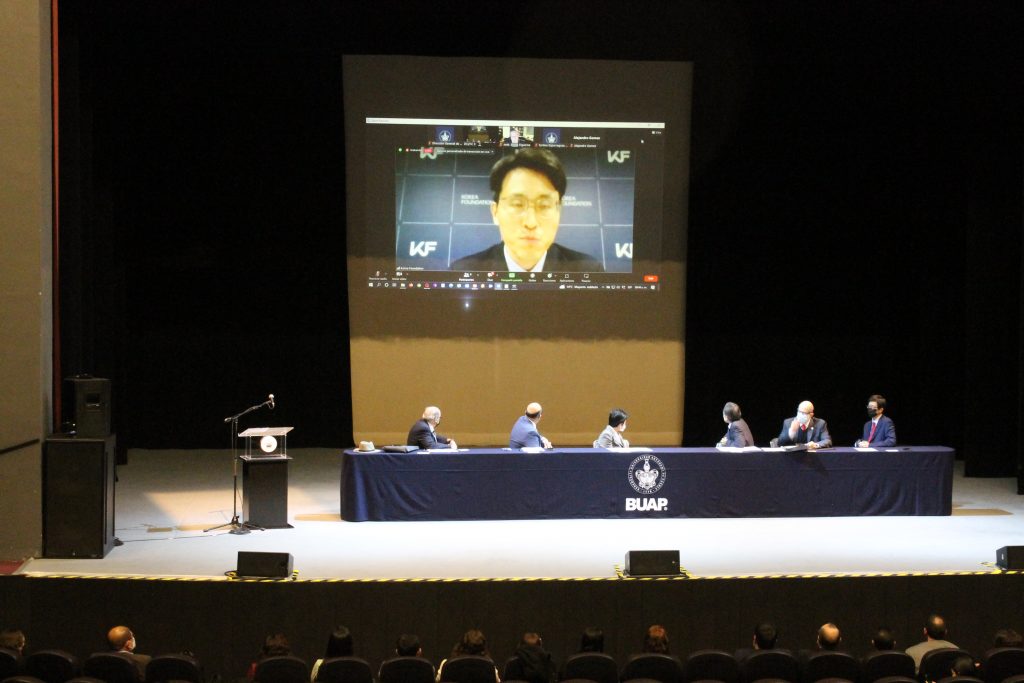
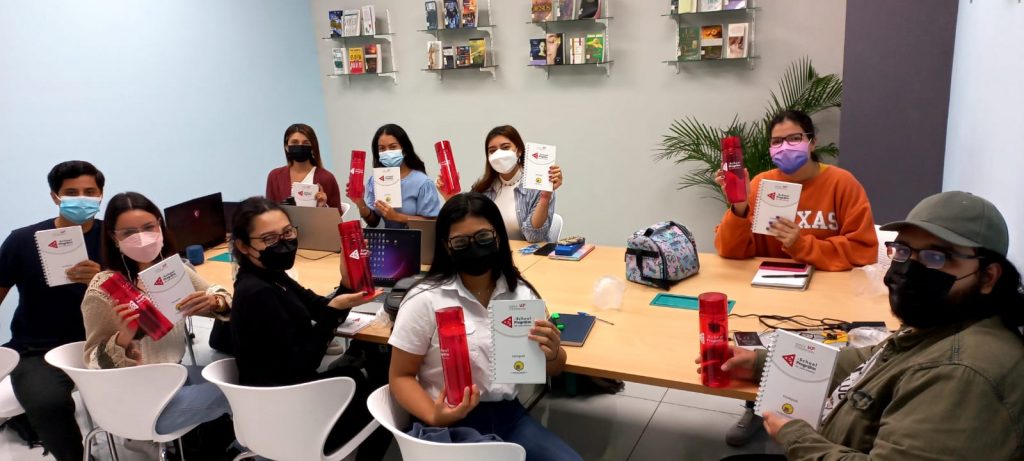


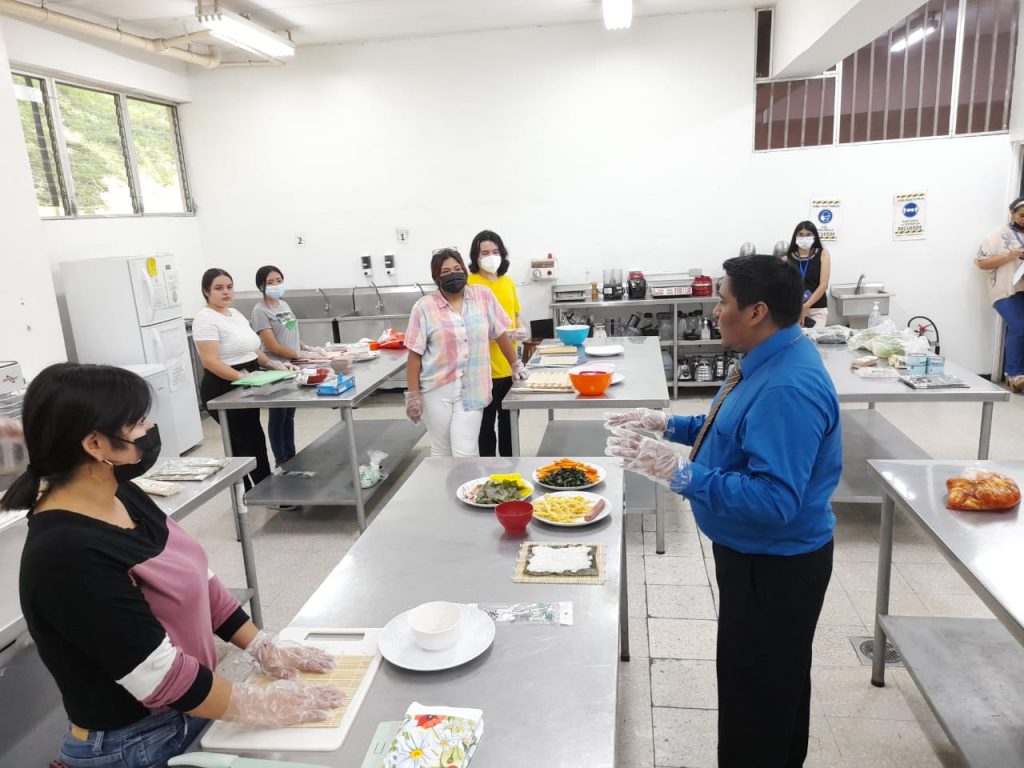
Mirror Classrooms

They are a didactic tool for teaching-learning that allows students and teachers to acquire intercultural and global competencies through open interaction in which students from the home university receive their class with a teacher from a foreign university, and students from the foreign university receive their class with the teacher from the home university, making use of ICT.
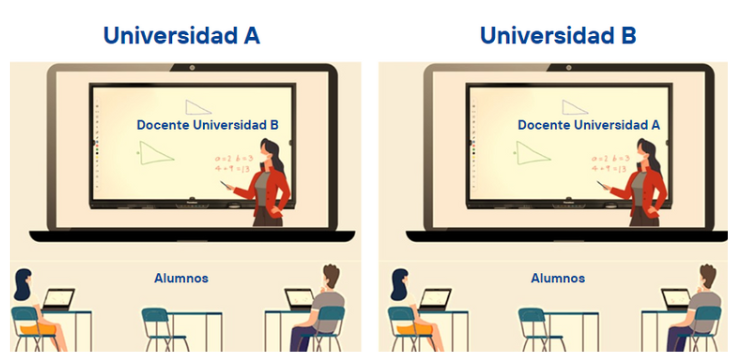
Areas of collaboration:
- International Relations
- Marketing
- Computer Systems
- Legal Sciences
- Initial Education
- Stomatology
- Nursing
More information: ![]() internacional@uees.edu.sv
internacional@uees.edu.sv
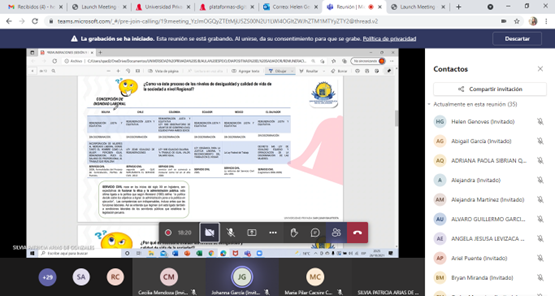
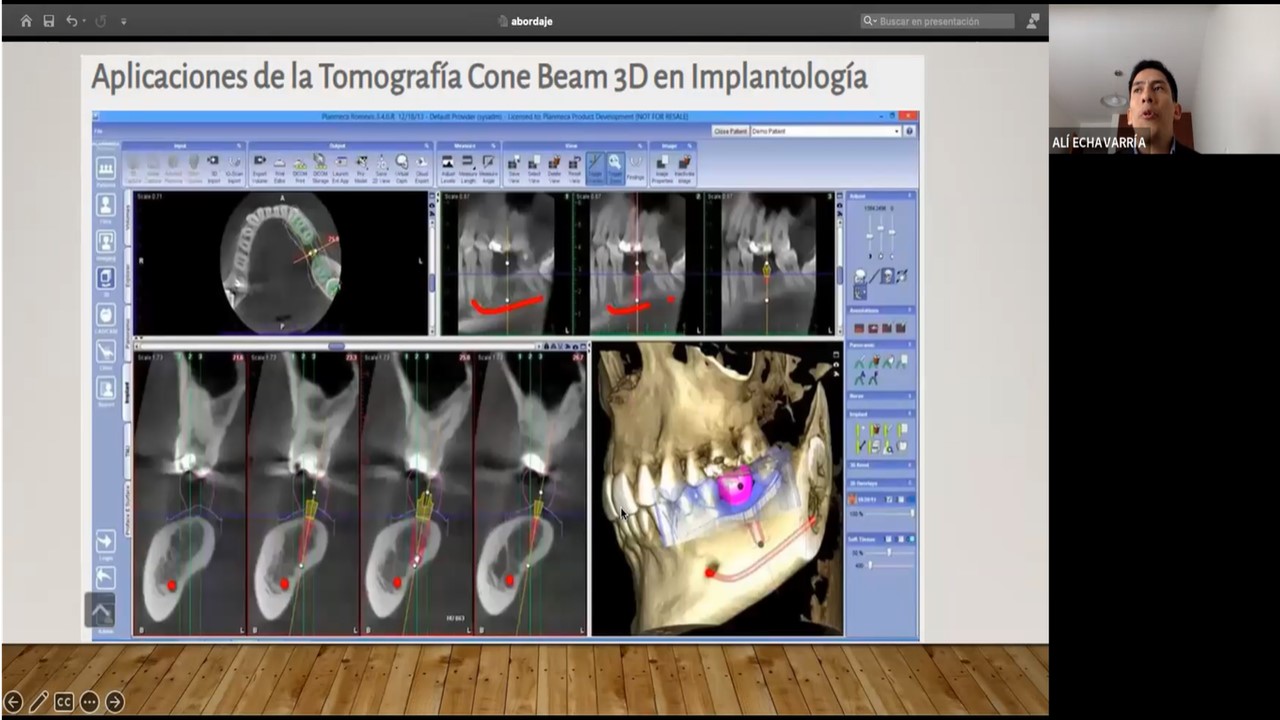
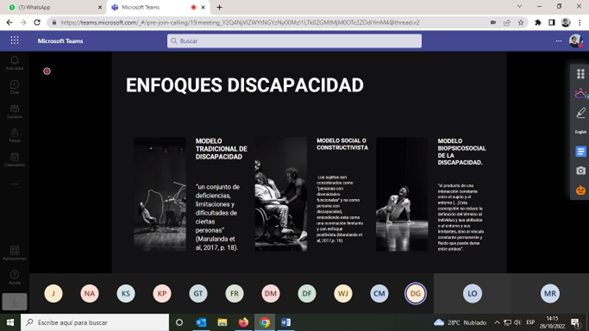
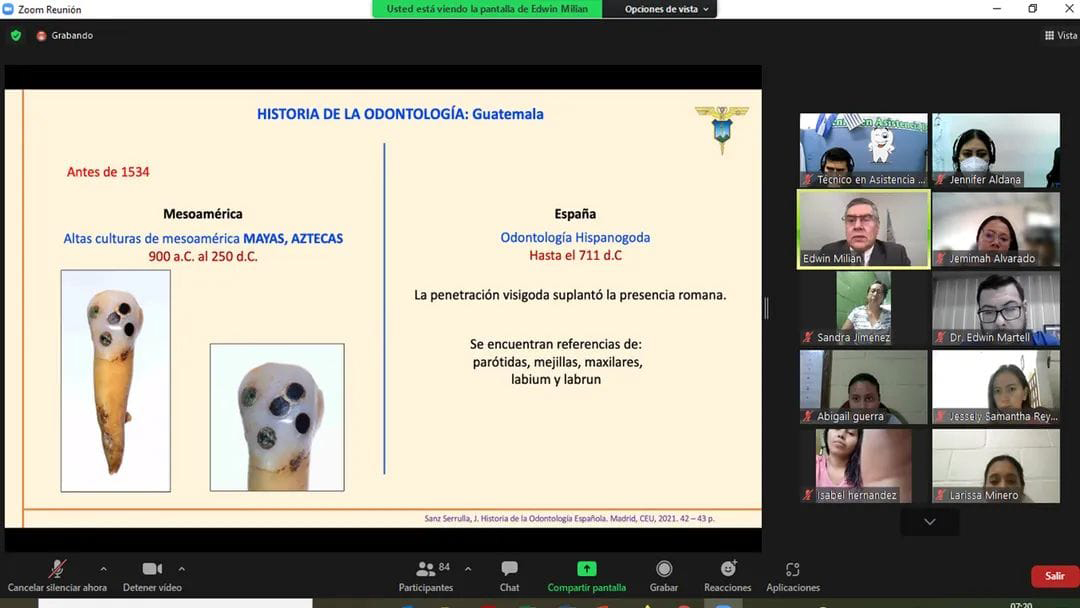
COIL Projects

It is a pedagogy that involves collaborative teaching and learning with two or more institutions in other countries, facilitated by online technologies to offer intercultural learning and experiences in the classroom, within the framework of a subject taught in a given academic program. The professor from one institution participates with his or her colleague from other universities abroad to develop some class sessions, an entire course or a course module, which is already part of the curriculum and in which students from the two countries then work together to complete assignments that meet shared learning objectives.
More information: ![]() internacional@uees.edu.sv
internacional@uees.edu.sv
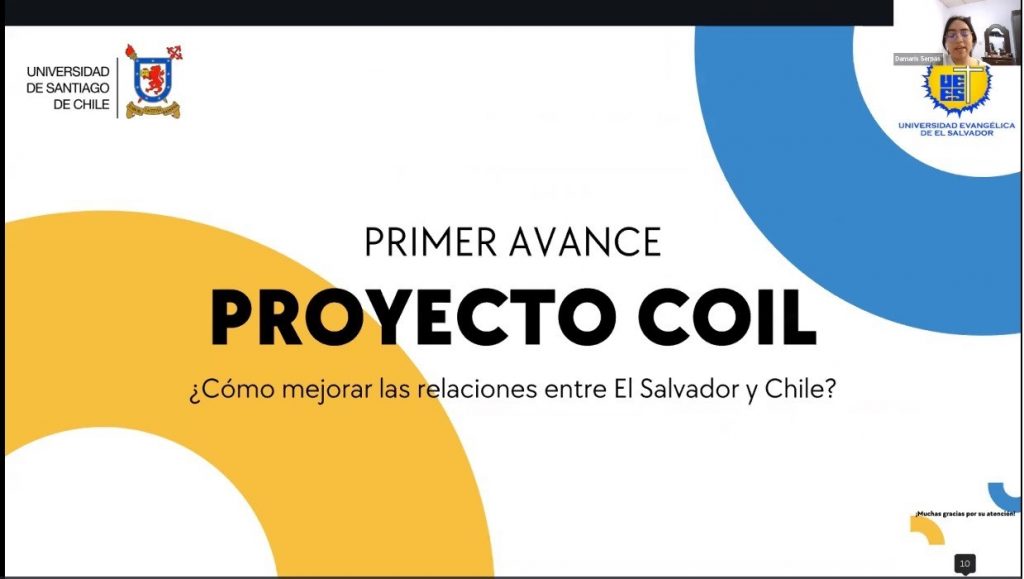
Partner universities
